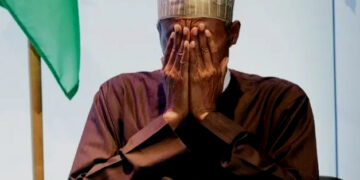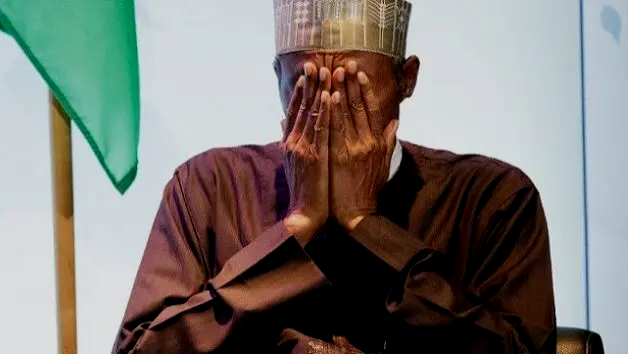Nigeria’s economy has plunged into its second recession since President Muhammadu Buhari assumed office in 2015.
This is according to a new report released by the Nigeria Bureau of Statistics on Saturday.
The report indicates that the economy shrank again in the third quarter of this year.
The nation’s economy maintained a second consecutive negative growth after contracting by 3.62 per cent in the third quarter.
The cumulative Gross Domestic Product (GDP) for the first nine months of 2020, therefore, stood at -2.48 per cent just as it recorded a -6.10 per cent in the second quarter.
The report showed that the performance of the economy in Q3 2020 reflected residual effects of the restrictions to movement and economic activity implemented across the country in early Q2 in response to the COVID-19 pandemic.
As these restrictions were lifted, businesses re-opened and international travel and trading activities resumed, some economic activities have returned to positive growth.
According to World Bank and NBS figures, this is also the second recession under President Muhamadu Buhari’s democratic reign — and his fourth as head of state.
The coronavirus and controversial fiscal and monetary policies of the Buhari administration and Central Bank of Nigeria were largely blamed for the latest recession.
It would be recalled that in In May, Finance Minister, Zainab Ahmed, had predicted that the coronavirus pandemic and falling oil prices were set to force the economy into negative growth.
“COVID-19 has resulted in the collapse in oil prices,” she said. “This will impact negatively, and the impact has already started showing on the federation’s revenues and on the foreign exchange earnings.
“Net oil and gas revenue and influx to the federation account in the first quarter of 2020 amounted to N940.91billion. This represented a shortfall of N125. 52billion or 31% of the prorated amount that is supposed to have been realized by the end of that first quarter.”
She added that the economic contraction will multiply the misery of the poor.
“The crisis will only multiply this misery,” she said. “The economic growth in Nigeria, that is the GDP, could in the worst-case scenario, contract by as much as –8.94% in 2020. But in the best case, which is the case we are working on, it could be a contraction of –4.4%, if there is no fiscal stimulus. But with the fiscal stimulus plan that we are working on, this contraction can be mitigated and we might end up with a negative –0.59%.”




































